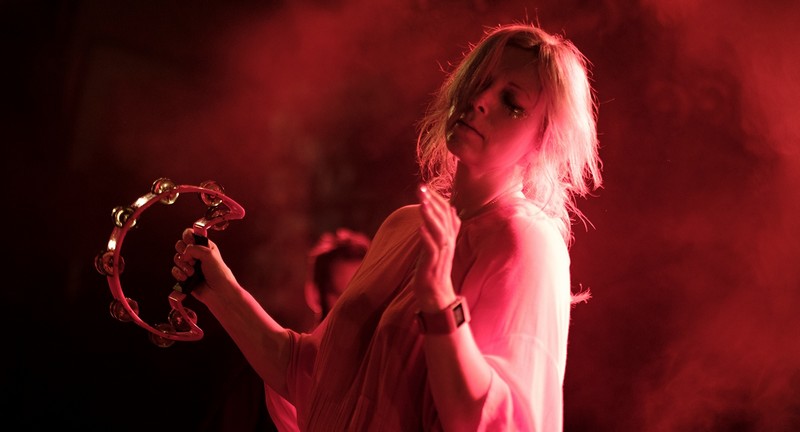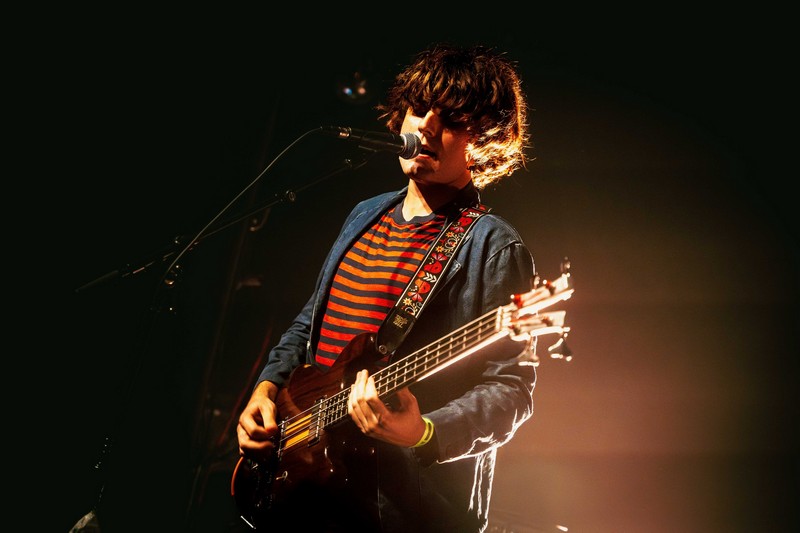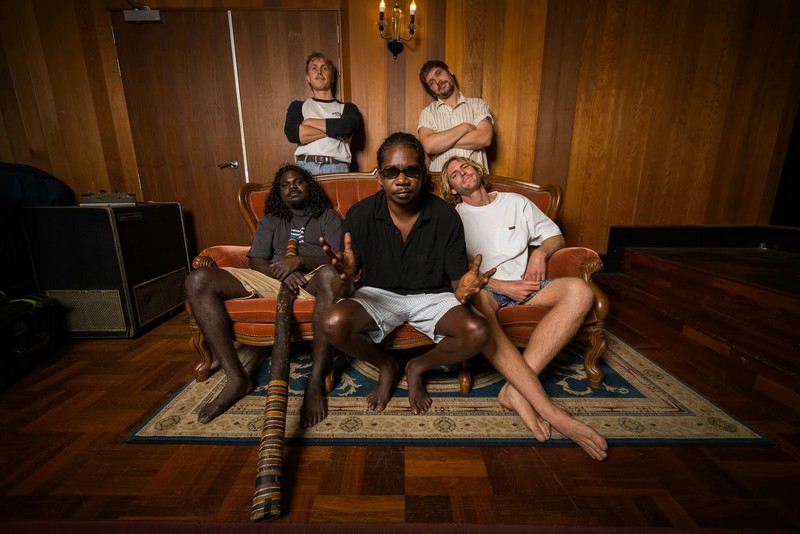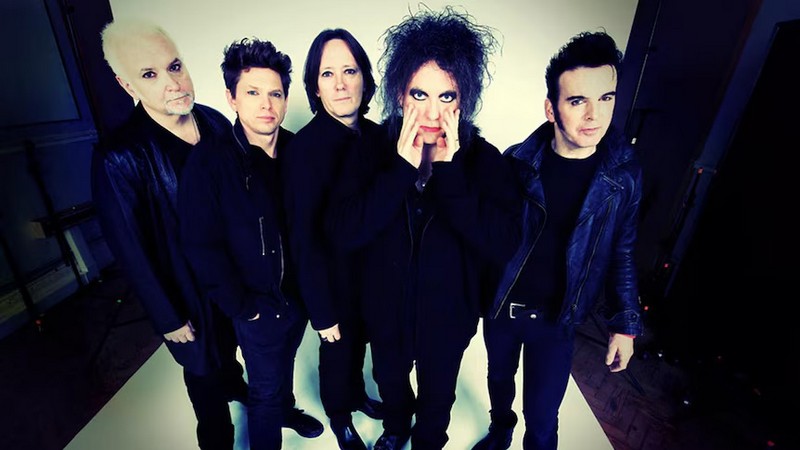Our selection of the best new music across a range of genres from the week ending 5 March 2021.
Flock is the record that Jane Weaver always wanted to make, the most genuine version of herself, complete with unpretentious Day-Glo pop sensibilities, wit, kindness, humour and glamour. A consciously positive vision for negative times, a brooding and ethereal creation. The album features an untested new fusion of seemingly unrelated compounds fused into an eco-friendly hum; pop music for post-new-normal times. Created from elements that should never date, its pop music reinvented. Still prevalent are the cosmic sounds, but ‘Flock’ is a natural rebellion to the recent releases which sees her decidedly move away from conceptual roots in favour of writing pop music. Produced on a complicated diet of bygone Lebanese torch songs, 1980’s Russian Aerobics records and Australian Punk.
Hasaan Ibn Ali’s 1965 Atlantic recordings have been restored from long-lost acetate copies of the sessions, and compiled on Metaphysics: The Lost Atlantic Album. In 1964, drummer/composer Max Roach convinced Atlantic Records to record him with producer Nusuhi Ertegun at the helm. Sessions were held in December of 1964 and the resulting album, The Max Roach Trio Featuring The Legendary Hasaan was released three months later. Atlantic invited Ali to record again in August and September of 1965, but before mixing sessions could turn the recorded material into a releasable album, Ali had become incarcerated on a narcotics possession. Atlantic shelved the album. Thirteen years later that tape went up in flames in an Atlantic Records warehouse in Long Branch, New Jersey. For years a rumor circulated, that a copy of the sessions had been made, but attempts to locate it never turned up a source… until now. Restored and mastered by Grammy Award-winning engineer, Michael Graves from a tape copy of long-lost reference acetates of the sessions. Producer Alan Sukoenig and author/pianist/teacher, Lewis Porter, provide the liner notes for this long-thought lost piece of jazz history.
The new Elizabeth and the Catapult album sincerely, e was conceived of and recorded in singer-songwriter Elizabeth Ziman’s living room as a way to try and reach beyond the isolated bubble of her home to connect with others, during quarantine. The record showcases two sides of the same Elizabeth and the Catapult coin: thoughtfully peppered through the album are intimate, live, solo-piano songs that tremble, raw, with the intimacy of their making; the other half, songs that required a larger sound, fully display Ziman’s film scoring and composition background. Producing tracks from her home provided new opportunities to work remotely with a few talented friends and the decision to explore rhythm without percussion, proved to be a constraint that enabled her lyrics to properly breathe.
IAN SWEET has been the source of and solution to many of Jilian Medford’s deepest anxieties. Medford processes these anxieties by pushing herself to experiment with new musical directions that inspire her, while digging for raw honesty and emotional depth that show through her lyrics. Show Me How You Disappear, Medford’s third record as IAN SWEET, unfolds at an acute juncture in her life, charting from a mental health crisis to an intensive healing process and what comes after. How do you control the thoughts that control you? What does it mean to get better? What does it mean to have a relationship with yourself?
How can we stay connected? The answer is simple – we are already connected. We are just blocked. Bruited. And speaking our truths can help clear the pathways to unity. The new album Bruits is the latest effort in Imani Winds’ decades-long quest to bring diverse viewpoints to the classical music world. The music by Frederic Rzewski, Reena Esmail, and Vijay Iyer all highlight the need to shine the light on personal perspectives. Because important art leads to radical change. With guests Cory Smythe, Janai Brugger, and John Whittington.
Singer-songwriter and bass-player Blu DeTiger has released her debut EP How Did We Get Here? Born and raised in New York City, Blu first held the bass guitar at the age of seven years old and quickly became a staple in the NYC scene when she would DJ clubs at the age of 17. She’s made quite an imprint in the fashion world, appearing at Chanel, Valentino, Christian Dior, Louis Vuitton, Miu Miu, and Maison Margiela shows. On the live front, Blu De Tiger has supported the likes of Caroline Polachek (of Chairlift), Fletcher and The Knocks.
Gretchen Parlato has returned, not only to the recording industry but to herself, with her new Brazilian-inspired project, Flor. Portuguese for “flower”, Flor is the artistic embodiment of the GRAMMY®-nominated singer’s deep dive into motherhood over the last six years, a metamorphic interval of space that allowed Parlato to discover the fullness of her essence through a new lens. In this season of epiphany, Parlato reaps her most personal harvest yet, which she refers to as, “a blossoming, an opening, an offering, a return.” A synthesis of original material, American popular music, European classical music, and Brazilian standards, Flor exemplifies the many ways in which motherhood has reconnected Parlato to her own inner child, revisiting the enchantment of falling in love with music for the first time, particularly the various Brazilian genres she became enamored with as a young teenager. “This is music that I’ve always wanted to honor,” says Parlato. “What I’m trying to find isn’t outside of myself. It’s not out of reach, it’s actually that internal revealing of what already exists.”
Other reviews you might enjoy:

David Edwards is the editor of The Blurb and a contributor on film and television





